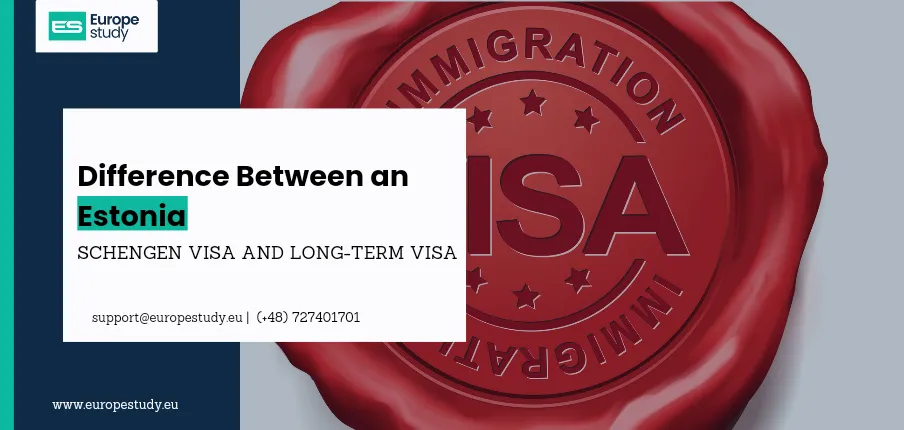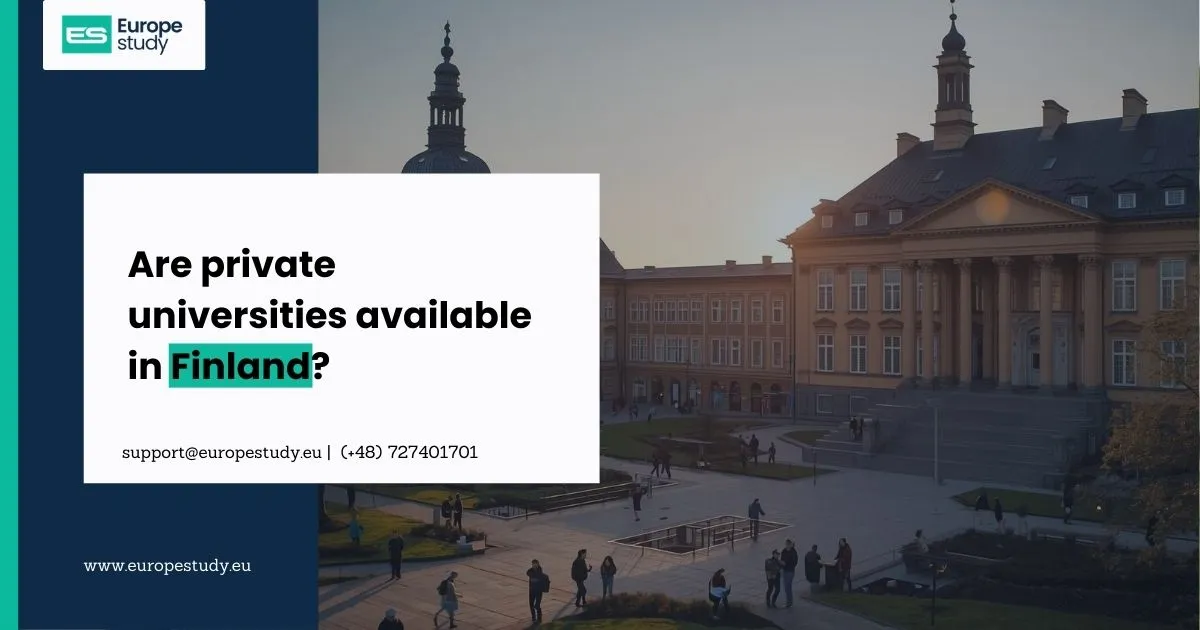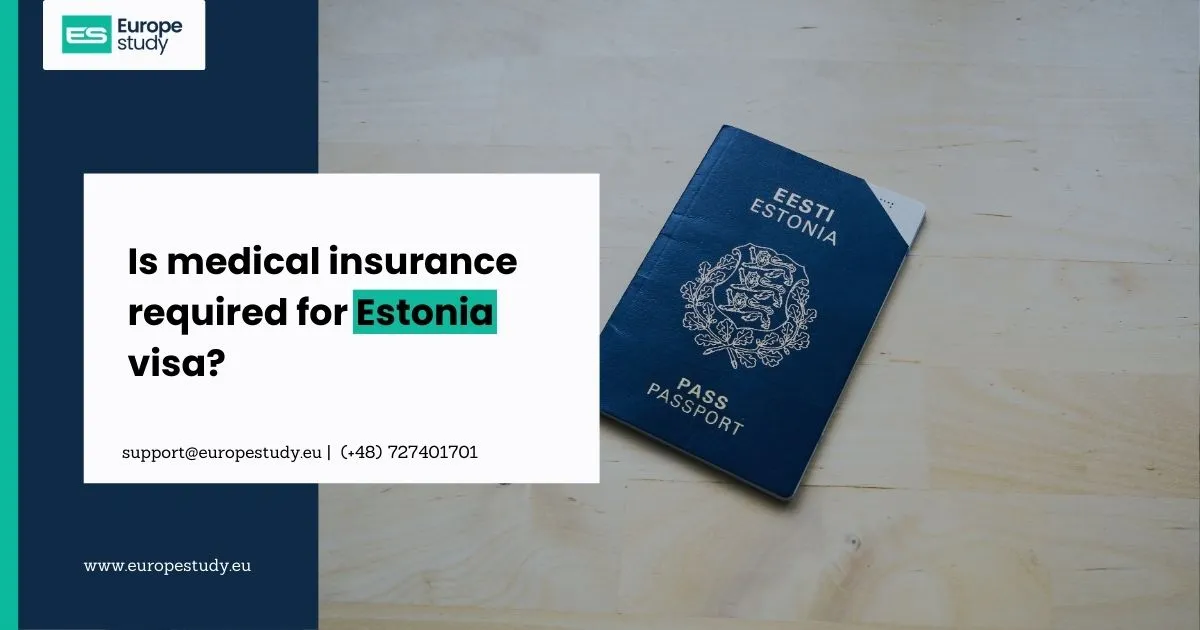
Difference Between an Estonia Schengen Visa and a Long-Term Visa
When planning a trip to Estonia, it's essential to understand the difference between the Estonia Schengen Visa and the Estonia Long-Term Visa. Both types of visas serve different purposes and are issued for different durations, depending on the nature of your stay.
Estonia Schengen Visa
The Estonia Schengen Visa is designed for short-term visits, with a maximum duration of 90 days. It is commonly used for tourism, short business trips, or family visits. This visa is part of the broader Schengen Agreement, which allows visa holders to travel freely within the Schengen Area, including Estonia, for up to three months.
This visa is ideal for individuals who intend to stay in Estonia for a brief period. However, it does not allow you to apply for a residence permit or extend your stay beyond the 90-day limit. Once the visa expires, you must leave Estonia and the Schengen Area.
Estonia Long-Term Visa
In contrast, the Estonia Long-Term Visa is issued for those who plan to stay in the country for an extended period, up to 365 days. This visa is typically sought for purposes such as studying, working, business activities, or family reunification. Unlike the Schengen Visa, the long-term visa allows you to apply for a residence permit, enabling you to extend your stay beyond one year, should you meet the necessary criteria.
The long-term visa offers more flexibility for those who wish to build a life in Estonia, as it opens the possibility of permanent residency and longer-term integration into Estonian society.
Key Differences
- Duration: The Schengen Visa is valid for 90 days, while the Long-Term Visa is valid for up to 365 days.
- Purpose: The Schengen Visa is best suited for short-term visits such as tourism or brief business trips. The Long-Term Visa, on the other hand, is recommended for those looking to study, work, or reunite with family in Estonia.
- Residency: The Schengen Visa does not allow you to obtain a residence permit, while the Long-Term Visa provides this option, allowing for the possibility of an extended or even indefinite stay.
In conclusion, the Estonia Schengen Visa is ideal for short visits, while the Estonia Long-Term Visa is tailored for those with longer-term commitments, offering more opportunities for residency and future extensions.





